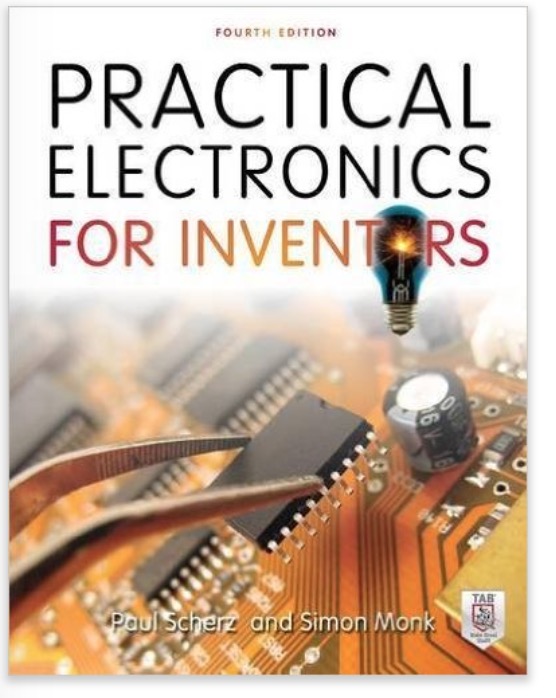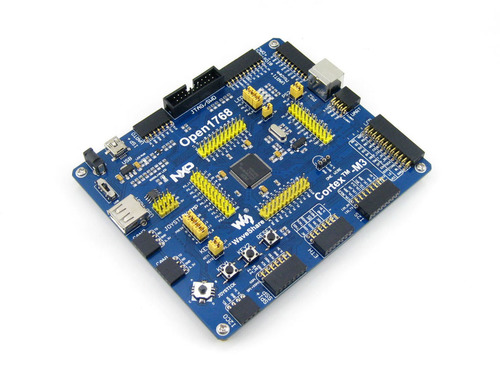Recent Posts
Practical Electronics For Inventors - A Fully-Updated, No-Nonsense Guide to Electronics
Posted by on
Advance your electronics knowledge and gain the skills necessary to develop and construct your own functioning gadgets.
Written by a pair of experienced engineers and dedicated hobbyists, Practical Electronics for Inventors, Fourth Edition, lays out the essentials and provides step-by-step instructions, schematics, and illustrations.
Discover how to select the right components, design and build circuits, use micro-controllers and ICs, work with the latest software tools, and test and tweak your creations.
This easy-to-follow book features new instruction on programmable logic, semiconductors, operational amplifiers, voltage regulators, power supplies, digital electronics, and more.
Practical Electronics for Inventors, Fourth Edition, covers:
- Resistors, capacitors, inductors, and transformers
- Diodes, transistors, and integrated circuits
- Optoelectronics, solar cells, and phototransistors
- Sensors, GPS modules, and touch screens
- Op amps, regulators, and power supplies
- Digital electronics, LCD displays, and logic gates
- Microcontrollers and prototyping platforms
- Combinational and sequential programmable logic
- DC motors, RC servos, and stepper motors
- Microphones, audio amps, and speakers
- Modular electronics and prototypes
Open1768 is an ARM Cortex-M3 development board that features an LPC1768 device as the micro-controller. It supports further expansion with various optional accessory boards for specific application. The modular and open design makes it the ideal for starting application development with ARM Cortex-M3 micro-controller. This ARM Cortex-M3 development board designed for NXP LPC series, features the LPC1768 MCU, and integrates various standard interfaces, pretty easy for peripheral expansions.
 Loading... Please wait...
Loading... Please wait...


